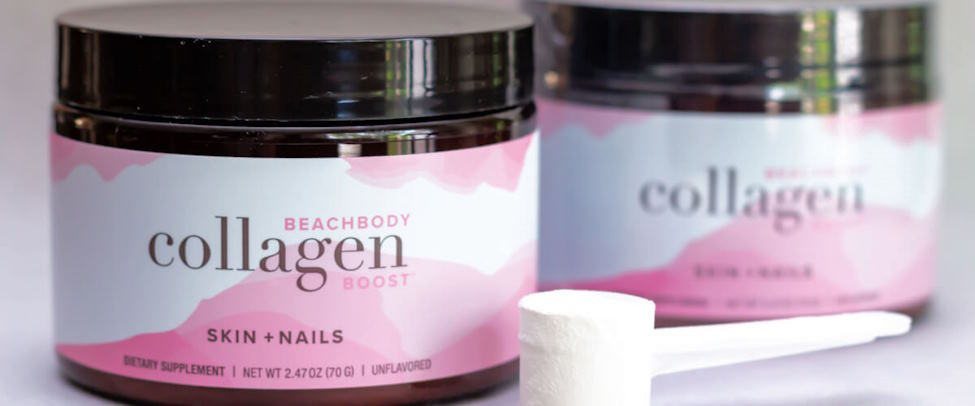In the pursuit of glowing, youthful-looking skin, attention frequently turns to collagen, the essential protein pivotal for preserving skin’s suppleness and resilience. While skincare solutions promise to restore collagen from the outside, the true key to vibrant skin may reside in our dietary choices.
How does collagen improve your skin?
Its fibers provide strength and elasticity, maintaining the skin’s firmness and suppleness. As we age, collagen production dwindles, leading to wrinkles, sagging, and dullness. However, consuming collagen-boosting foods can replenish these levels, promoting smoother, plumper skin.
Additionally, collagen supports skin hydration, helping it retain moisture for a radiant complexion. Beyond aesthetics, collagen also aids in wound healing, reducing inflammation, and promoting tissue repair.
Thus, by nurturing collagen synthesis through dietary choices, we not only enhance our skin’s appearance but also bolster its resilience and overall health.
What foods help to boost collagen production?
Bone Broth
Bone broth is a nutrient-rich liquid made by simmering bones, connective tissues, and vegetables. During the cooking process, collagen and gelatin are extracted from the bones, providing a concentrated source of these essential proteins. Regular bone broth can provide the necessary building blocks for maintaining healthy skin, joints, and connective tissues.

Fish
Fatty fish such as salmon, mackerel, and tuna are delicious and excellent sources of omega-3 fatty acids. These fatty acids help to strengthen cell membranes, allowing nutrients to enter cells more easily and toxins to exit, resulting in healthier, more vibrant skin. Additionally, omega-3 fatty acids promote collagen production, helping to maintain skin elasticity and reduce the appearance of wrinkles and fine lines.
Leafy Greens
Leafy greens like spinach, kale, and Swiss chard are nutritional powerhouses packed with vitamins, minerals, and antioxidants. One of the key antioxidants found in leafy greens is vitamin C, which plays a vital role in collagen synthesis. Vitamin C is necessary for the body to convert proline into hydroxyproline, an amino acid essential for collagen formation.
Avocado
The monounsaturated fats in avocado help keep the skin hydrated and supple, while vitamins E and C protect against oxidative damage and support collagen production. Avocado also contains glutathione, a powerful antioxidant that helps repair damaged skin cells and promote regeneration.





